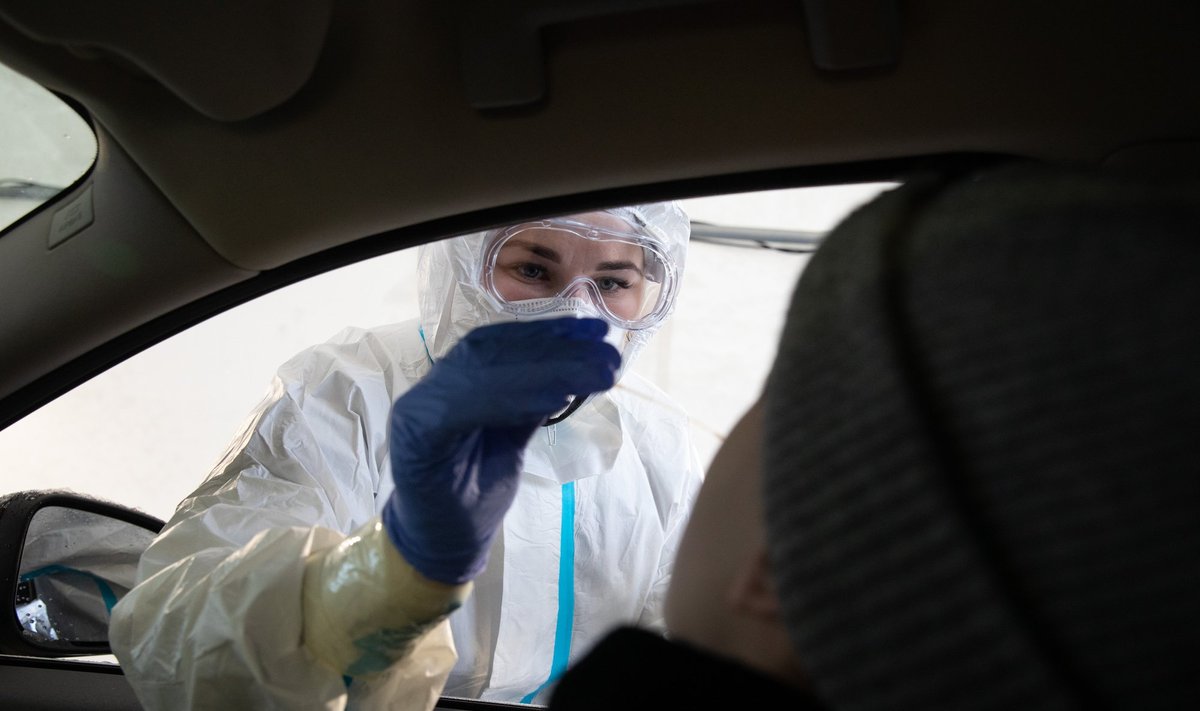"Sequencing processes are fine-tuned and they come into play automatically when we have a sufficient number of samples for testing. When we had a drop in cases, we simply did not have as many of them as we needed," the minister told the Ziniu Radijas news radio on Thursday. "Now, we start having a sufficient number for the laboratories in Vilnius and Kaunas to start doing that."
If the number of infections continues to rise as it has so far, the National Public Health Laboratory will join the sequencing process from mid-August, and the European Center for Disease Prevention and Control and the European Commission will then be able to help with testing, Dulkys said.
He also pointed out that there are currently only 15 EU countries capable of carrying out sequencing tests based on sample volumes.
"Their data tell us now that in some 70 percent of cases we have those two Omicron sub-variants that started this whole increase in cases," the minister said, adding, however, there's no evidence right now that these sub-variants cause more severe forms of the disease.
